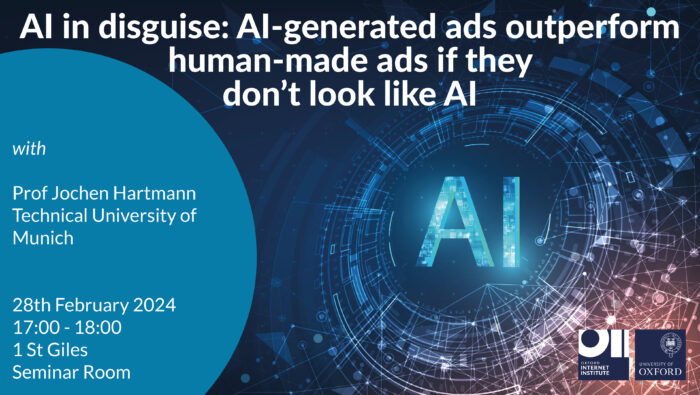
Prof Jochen Hartmann
Professorship of Digital Marketing , TUM School of Management
Jochen's research is at the intersection of digital marketing and machine learning, with a focus on the analysis of unstructured data (computer vision, natural language processing) and generative AI
